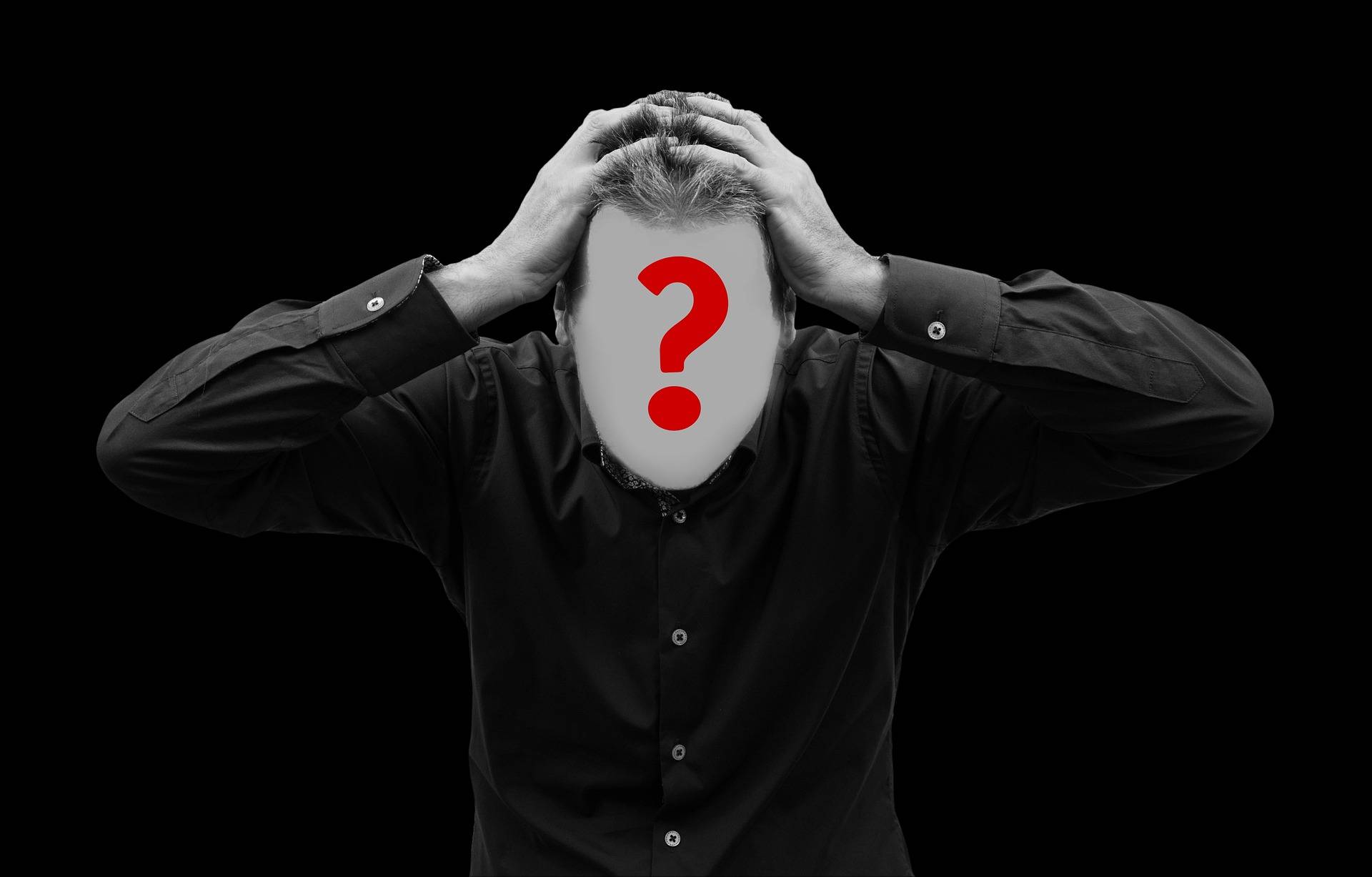WHAT IS BIPOLAR DISORDER?
Bipolar disorder, also known as manic-depressive illness, is a mental health condition that causes extreme mood swings that include emotional highs (mania or hypomania) and lows (depression). People with bipolar disorder experience periods of intense emotional states that can last for days, weeks, or months. These episodes can be disruptive and affect a person's daily life, relationships, and ability to function.
The exact cause of bipolar disorder is not known, but it is believed to be a combination of genetic, environmental, and neurological factors.
Genetics: Research has shown that there is a strong genetic component to the development of bipolar disorder, with approximately 60-80% of cases having a genetic component. Studies have identified several genes that may contribute to bipolar disorder, including genes related to neurotransmitter regulation and those involved in the body's response to stress.
Environmental factors: Environmental factors, such as stress, trauma, or substance abuse, can trigger the onset of bipolar disorder in individuals who are genetically predisposed to the condition. Additionally, disruptions in sleep patterns, such as those caused by shift work or jet lag, have been linked to the development of bipolar disorder.
Neurological factors: Neurological factors, such as imbalances in neurotransmitters (chemical messengers in the brain), have also been linked to bipolar disorder.
Treatment usually involves a combination of medication, therapy, and lifestyle changes. The following treatment options may be recommended for individuals with bipolar disorder:
Medication: Mood stabilizers, such as lithium and valproic acid, are often prescribed to help control symptoms and prevent episodes of mania and depression. Antidepressants may be used in conjunction with mood stabilizers to help manage depressive symptoms.
Therapy: Talk therapy can be an effective way to learn coping skills and strategies for managing bipolar symptoms. Cognitive behavioral therapy and psychoeducation are often used to help individuals with bipolar disorder.
Lifestyle adjustments: Making lifestyle changes such as establishing a regular sleep schedule, avoiding alcohol and drugs, and maintaining a healthy diet and exercise routine can also help manage symptoms of bipolar disorder.
It's important to note that treatment for bipolar disorder is highly personalized, and what works for one person may not work for another. It's important for individuals with bipolar disorder




No comments yet
Be the first to share your thoughts!